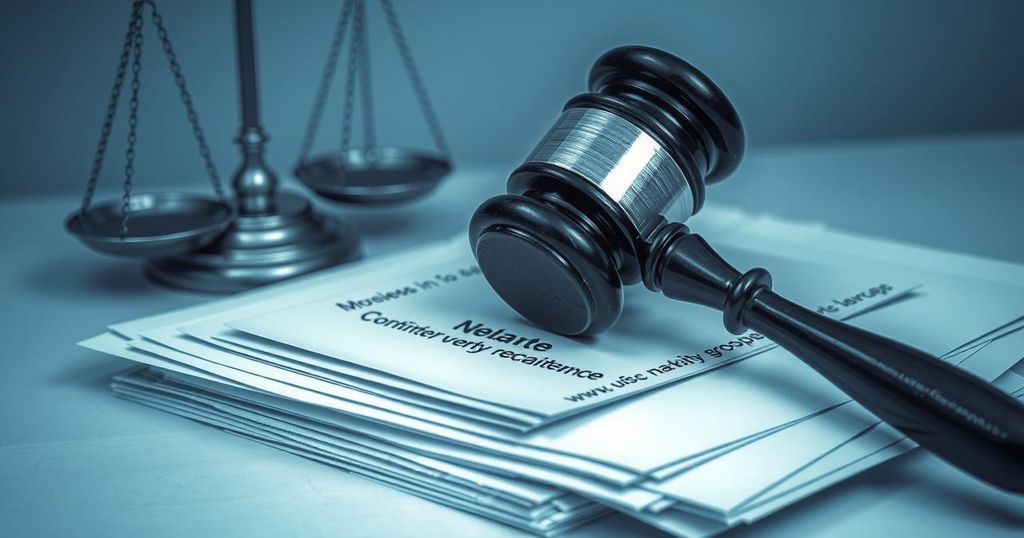Federal Judge Blocks Immigrants’ Deportation to South Sudan Briefly
- Federal judge temporarily halts deportation of immigrants to South Sudan.
- Judge Moss recognizes limits of his authority over deportation cases.
- Judge Murphy rules against delaying the relocations further.
- Supreme Court orders clarify that deportations can proceed.
- Immigrants are currently held at a naval base in Djibouti.
Temporary Stay Granted by District Judge Randolph Moss
A recent decision by a federal judge has briefly halted the deportations of eight immigrants to war-ravaged South Sudan, but by the end of last week, the legal path was cleared for the Trump administration to proceed with the relocations. The Fourth of July court sessions witnessed District Judge Randolph Moss in Washington, D.C., issuing the temporary stay amid urgent appeals from the immigrants’ lawyers. However, Judge Moss acknowledged that he lacked authority over the situation, leaving the case in the hands of Judge Brian Murphy in Boston, whose previous decisions had previously impacted deportation efforts to South Sudan.
Judge Brian Murphy Rules Against Further Delays
On Friday evening, Judge Murphy swiftly ruled that he was bound by orders from the Supreme Court and could not intervene further. This decision came after years of protracted legal battles regarding the deportation of these individuals, who are not originally from South Sudan. The U.S. government has been pushing to deport these immigrants, who have been held at a naval base in Djibouti, and now intended to relocate them to South Sudan, a country presently engulfed in civil conflict. This situation was particularly critical considering the U.S. government advisories against travel to the area, owing to its volatile security situation, emphasizing the complexities surrounding the deportations.
Legal Maneuvering Amid Calls for Fairness
As the legal proceedings unfolded, the administration had already indicated plans to transfer the immigrants to South Sudan on Friday. The Supreme Court had recently vacated a previous ruling that had strictly imposed requirements for court hearings before such deportations could take place. Consequently, lawyers representing the immigrants from diverse nations like Laos, Mexico, Myanmar, and Vietnam filed emergency requests late Thursday night in a last-ditch effort to stop the relocations from progressing. Legal journalist Chris Geidner was among the first to report on the brief stay granted earlier in the week, stirring discussions in legal and immigrant advocacy circles about the swift moves made by the courts and the administration over this contentious issue.
In summary, the situation surrounding the deportation of immigrants to South Sudan illustrates the complex interactions between the judicial system and immigration policy under the Trump administration. Despite a temporary stay, the ruling ultimately favored the administration’s ability to proceed with the removals. As debates over immigration continue, the fate of these eight individuals remains uncertain amid ongoing legal appeals and significant concerns for their safety in South Sudan.




Post Comment